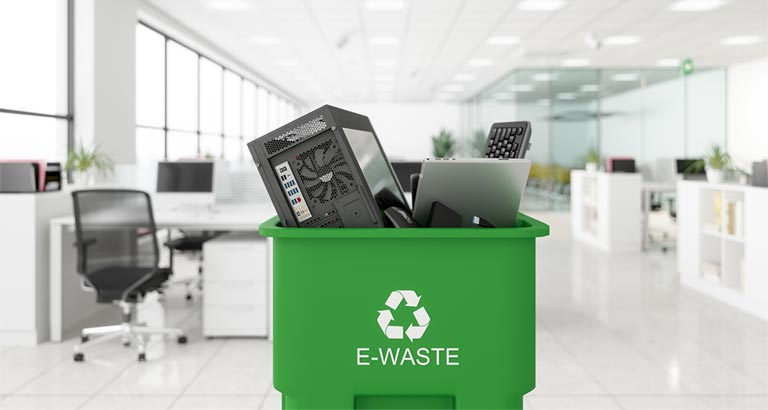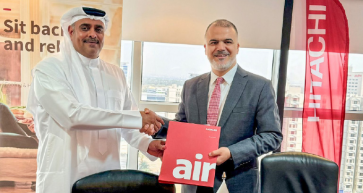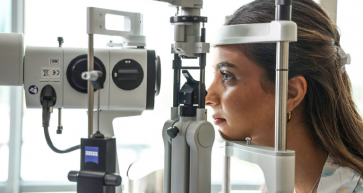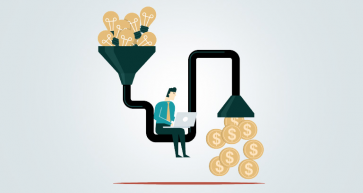
Business expert, Pria Masson Tanwar, speaks of a pressing issue
As part of a pandemic de-cluttering exercise at home, I decided to collect all old electronic items and put them in a single place to figure out what to do with them. This included old Nokia mobile phones, blackberries, 10-year-old laptops etc. But then, I had an even more tedious task – figuring out what to do with this stuff? Which got me thinking about e-waste, and I went slipping and sliding down the rabbit hole to explore.
E-waste is basically any electrical or electronic equipment (EEE) that we consume. E-waste has become an increasing problem since the components of these items are environmentally and physically hazardous. With a rise in disposable incomes, urbanisation, mobility and subsequent consumerism, the generation of e-waste has been significant. On average, the total weight (excluding photovoltaic panels) of global EEE consumption increases annually by 2.5 million metric tons (Mt). In 2019, the world generated 53.6 Mt of e-waste, an average of 7.3 kg per capita and is projected to grow to 74.7 Mt by 2030.
Less than 18% of this generated e-waste is properly re-cycled. The rest of it is discarded in a landfill and subsequently incarcerated – creating its own environmental hazards. The need for a solution is urgent and governments alone cannot find the solution. And they don’t need to - because e-waste management is an interesting business by itself with regional private players finding innovative ways to address the issues. From companies who collect EEE, sift through it and then export it to global recyclers, to companies that are recyclers - the value chain is slowly filling up in the GCC region.
As per recent estimates, Bahrain’s per capita e-waste generation is estimated at 12.9 kg per person per year, with a total country-wide annual generation of about 15,500 tonnes. To deal with this, there were talks of setting up a full scale e-waste recycling facility in Bahrain to capture this opportunity, however, this is yet to be finalised.
Currently the market for any waste management in Bahrain is fragmented with companies like the Ebin Shop or the Bahrain Environment Service society both of which handle obsolete IT equipment. In the more organised space, Crown Industries Bahrain recycles plastics, ferrous and non-ferrous scrap metal, obsolete machinery, electrical and telecommunications cable and equipment and exports them. There is also the Recycle IT project that aims to collect EEE and distribute useable equipment to the needy. Of that which can’t be used, parts are sold to repair agents and the rest to recyclers. The recognition of the need and urgency are both evident and it seems like there are steps being taken by private players to utilise this opportunity.
However, the question to be asked is, what makes EEE such a significant opportunity. As always, its simple economics of limited resources being required for unlimited needs. So, the materials that it takes to produce these gadgets are finite, our needs seem to grow exponentially. On the one hand, to stay competitive, prices cannot rise too much. Further, to save the earth the basic process has to be safer. In terms of business economics, collecting EEE is like a service to the users – however, for the recycling company, it’s an input – procured at a low cost. Transport and recycling equipment is expensive so, there needs to be enough people who provide the input (volume) to make it cost effective. There is another layer to recycling - to actually save the earth, the process has to have a low carbon footprint itself. It’s all quite complex and we all have to do our small bit.
Pria is a business consultant and advisor. You can follow Pria at her Instagram handle businessclues33 or read more of her articles at http://www.business-clues.com/



